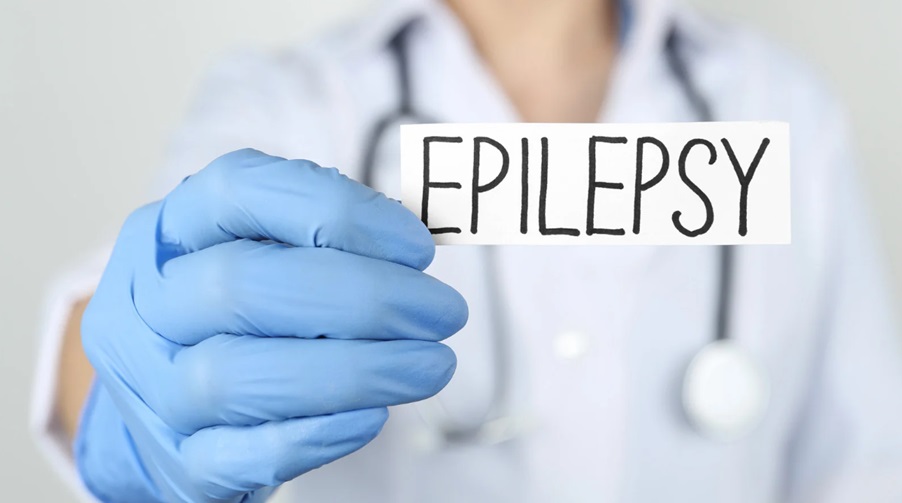Epilepsy is a neurological condition that affects millions of people worldwide. While traditional treatments such as antiepileptic medications and surgical interventions remain the primary course of action, they are not effective for everyone. In recent years, researchers have turned their attention to cannabis as a complementary option for seizure management. This growing interest has led to a wave of studies and clinical trials aimed at understanding how cannabis-based therapies may benefit individuals with epilepsy. For those seeking cannabis for epilepsy relief in Annapolis, staying informed about the evolving science is critical. Evidence-based guidance is helping reshape how medical professionals and patients view cannabis as part of an epilepsy care plan.
Cannabinoids and Their Role in Seizure Control
The cannabis plant contains over 100 compounds known as cannabinoids. Among them, cannabidiol, or CBD, has shown the most promise in managing seizure activity. Unlike tetrahydrocannabinol (THC), CBD does not produce psychoactive effects. This has made it the preferred cannabinoid for therapeutic use in neurological disorders. Several peer-reviewed studies have found that CBD may reduce the frequency and intensity of seizures in patients with treatment-resistant forms of epilepsy, such as Dravet syndrome and Lennox-Gastaut syndrome. These findings led to the FDA’s approval of a purified CBD medication as a prescription treatment option.
What Clinical Evidence Supports Its Use
The increasing availability of CBD products has prompted more in-depth clinical research. Exploring the potential of cannabis in treating epileptic seizures reveals promising evidence, particularly with CBD-based therapies reducing seizure frequency in certain drug-resistant epilepsy cases. Clinical trials continue to evaluate how cannabis interacts with common seizure medications and whether certain combinations may enhance or inhibit treatment outcomes. While the data is promising, it is important to note that cannabis should be used under medical supervision to ensure safety and proper dosing.
Choosing the Right Product and Delivery Method
The effectiveness of cannabis therapy for epilepsy does not rely solely on the presence of CBD. The source, purity, formulation, and method of delivery all influence the treatment outcome. Patients may choose from oils, capsules, edibles, or vaporized formats depending on medical guidance and lifestyle needs. For anyone exploring treatment options, learning how to choose the right cannabis products for epileptic conditions can provide clarity. Factors such as onset time, absorption rate, and bioavailability should be considered before initiating a regimen.
Personalized Medicine and Ongoing Research
Not all patients respond to cannabis in the same way. Age, severity of the condition, medication interactions, and overall health can all impact effectiveness. Personalized care plans, supported by physician oversight and ongoing research, are essential to making cannabis therapy a safe and meaningful part of epilepsy treatment. Research institutions and regulatory bodies are expanding efforts to understand cannabis’s role in seizure control. From optimizing cannabinoid ratios to refining extraction techniques, the industry continues to evolve in response to patient needs and scientific findings.
Conclusion
Recent research into cannabis and epilepsy continues to highlight the therapeutic potential of cannabinoids, particularly CBD, in managing treatment-resistant seizures. While not a replacement for traditional medication, cannabis may serve as a valuable addition for those seeking better control and improved quality of life. As the medical community gains a deeper understanding of this complex plant, patients and healthcare providers alike are finding new hope in alternative pathways for relief.



